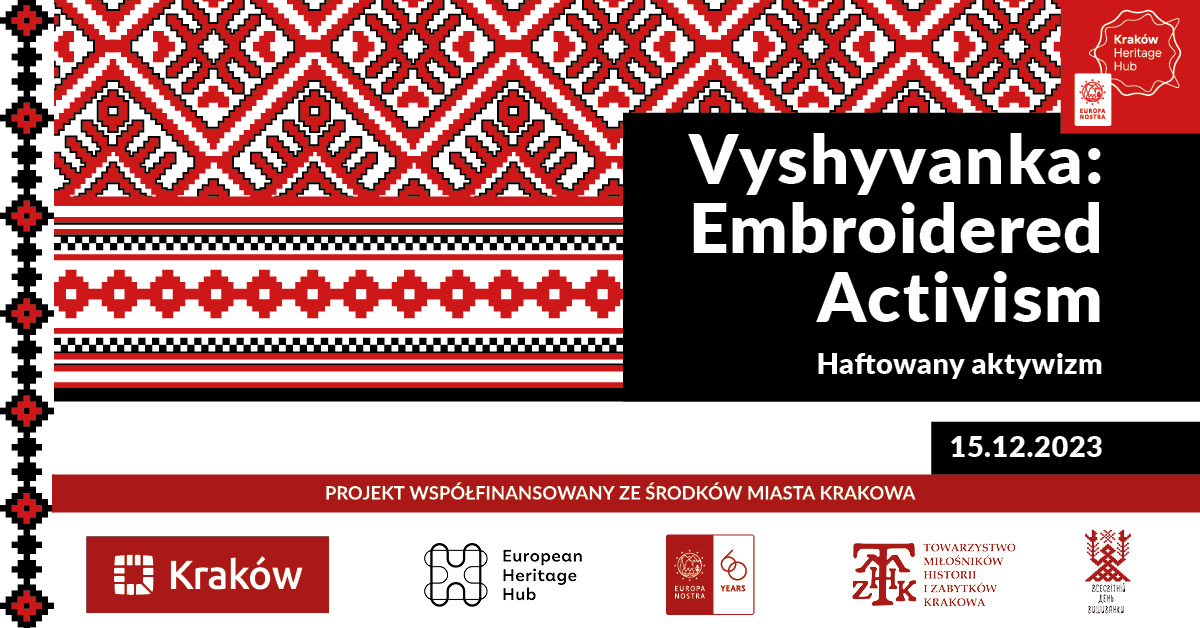We use cookies to help you navigate efficiently and perform certain functions. You will find detailed information about all cookies under each consent category below.
The cookies that are categorized as "Necessary" are stored on your browser as they are essential for enabling the basic functionalities of the site. ...
Necessary cookies are required to enable the basic features of this site, such as providing secure log-in or adjusting your consent preferences. These cookies do not store any personally identifiable data.
Functional cookies help perform certain functionalities like sharing the content of the website on social media platforms, collecting feedback, and other third-party features.
Analytical cookies are used to understand how visitors interact with the website. These cookies help provide information on metrics such as the number of visitors, bounce rate, traffic source, etc.
Performance cookies are used to understand and analyze the key performance indexes of the website which helps in delivering a better user experience for the visitors.
Advertisement cookies are used to provide visitors with customized advertisements based on the pages you visited previously and to analyze the effectiveness of the ad campaigns.
Conversation with Lesia Voroniuk, creator of World Vyshyvanka Day, followed by a panel discussion with Ewa Klekot, Monika Nęcka and Lesia Voroniuk

Vyshyvanka is traditional Ukrainian embroidery. Its colourful patterns on shirts and other garments have always had symbolic meanings, referring to prosperity, luck and protection. At the outbreak of war with Russia it gained an even deeper symbolism, signifying the continuation of Ukrainian culture in the face of destruction of cultural heritage. Refugees take vyshyvankas with them as a token of protection, similarly, soldiers go to war with embroidered pieces of cloth. They believe that vyshyvankas have a magical power. The war introduced new military textiles and patterns – alongside geometrical and floral ornaments, patterns of tanks, drones and bombs have appeared.
Vyshyvanka gains popularity abroad where it is celebrated – just like in Ukraine – during the World Vyshyvanka Day (the third Thursday of May). This time of war has strengthened its political dimension, recognising the vyshyvanka as national symbol of revival. The World Vyshyvanka Day received the European Heritage Award | Europa Nostra Award 2022, which in turn expanded its impact throughout Europe.
During the meeting with Dr Lesia Voroniuk, head of the NGO World Vyshyvanka Day and co-creator of the Museum of Ukrainian Embroidered Shirts in Chernivtsi, we talked about vyshyvankas as a weapon and a talisman read from the contemporary perspective of war, struggle and seeking refuge.
The conversation smoothly turned into a panel discussion with the participation of Dr Ewa Klekot and Dr Monika Nęcka, who placed embroidery in a broader artistic, anthropological and social context.
Moderated by Dr Katarzyna Jagodzińska, Head of the Europa Nostra Heritage Hub in Krakow
The event was held in the premises of the Europa Nostra Heritage Hub in Krakow, located in the tenement house of the Society of Friends of Kraków History and Heritage (Towarzystwo Miłośników Historii i Zabytków Krakowa) at ul. Św. Jana 12, and streamed on the Europa Nostra Heritage Hub in Kraków You Tube channel.
The meeting took place on the occasion of the publication of the ethnographic photo album “Imperishable. Ukrainian state symbols in the folk embroidery and weaving” (bilingual book in Ukrainian and English). It also announced the opening of the Museum of Ukrainian Embroidered Shirts in Chernivtsi.
—
Dr Lesia Voroniuk is Ukrainian cultural curator, Ph.D. in political science, head of the NGO World Vyshyvanka Day. She was the main curator or partner of over seventy projects in Ukraine and abroad. They include documentation work, producing books and art albums, organisation of exhibitions, workshops, fashion shows, diplomatic receptions, major communication and educational campaigns, festivals, and reconstruction projects.
Dr Ewa Klekot is an anthropologist, translator and curator. Assistant professor at the Institute of Design at SWPS University; she also lectures at the School of Form and the University of Warsaw. She is interested in the interdisciplinary combination of humanities and social sciences with design and artistic activities both in research and education. Her current area of research is the anthropology of production and related cognition and knowledge: skills, body knowledge, materials and processes; production of traditions and intangible heritage. She also deals with an anthropological reflection on art, especially the social construction of folk and primitive art, as well as the materiality and valuation of things considered as design, art, monuments, and museum exhibits.
Dr Monika Nęcka is an art methodologist. She works at the Academy of Fine Arts in Krakow in the Department of Artistic Education. She gives lectures and creative workshops in Poland and abroad. Author of an art history programme for early school education and a collection of exercises for children in the field of cultural identification. Member of the Polish Committee of the International Society for Education Through Art InSEA.
Dr Katarzyna Jagodzińska is the Head of the Europa Nostra Heritage Hub for Central and Eastern Europe, Assistant Professor at the Institute of European Studies, Jagiellonian University in Kraków, Poland, and the first Programme Director at the Toy Museum in Krakow. She is an art historian and journalist specialising in museum studies and cultural heritage. She is co-host of the podcast series “Ukraine Heritage Spotlight” and “Holistic Heritage”. Her current research project addresses participation and democratisation of museums.